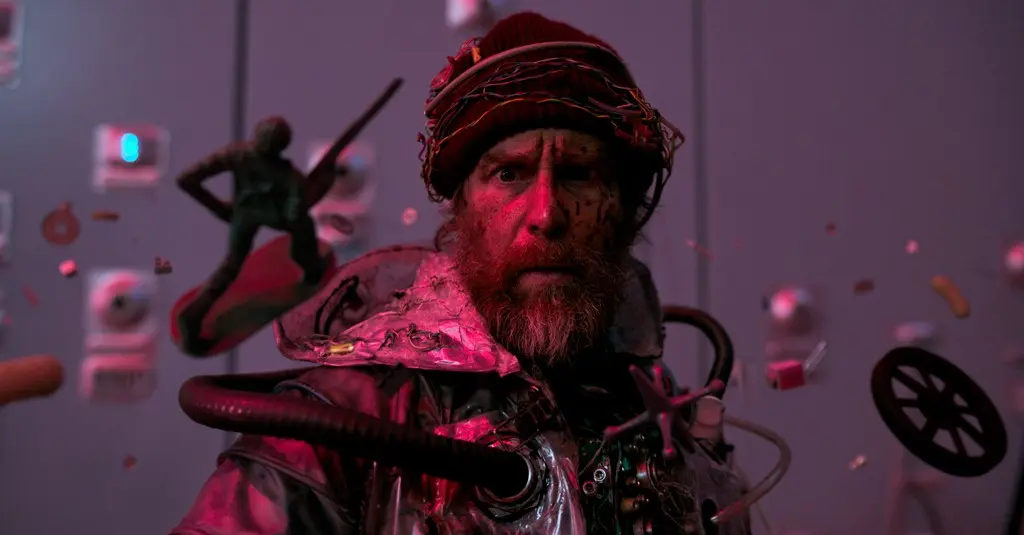R | 2h 22min | Drama | 23 September 1994 (USA)
Like a handful of classics that came before this film—“The Wizard of Oz,” “It’s a Wonderful Life,” “Citizen Kane,” “Vertigo”—“The Shawshank Redemption” was a box office failure upon initial release. Yet, for the better part of the last 25 years, it’s been ranked No. 1 on the imdb.com Top 250 list and is on many critics’ all-time Top 10 lists. In the interest of full disclosure, it’s No. 6 on my all-time Top 10.






